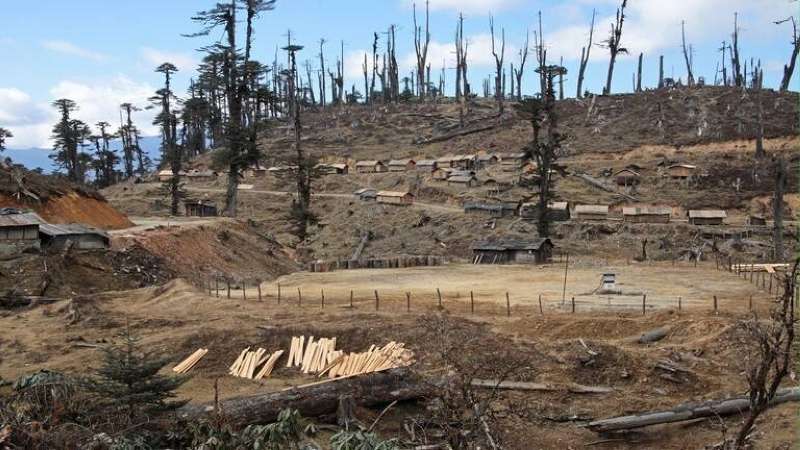The shrinking of tropical forests as a result of deforestation reduces the amount of precipitation in many tropical regions. Nature notes that the scientists combined observational data on deforestation and precipitation in three regions (the Amazon, the Congo and Southeast Asia) that are experiencing rapid land-use changes.
The study included analyzing the changes monitored by satellites from 2003-2017 to determine the areas that were subjected to deforestation and comparing the rate of precipitation in them with the forest areas whose trees were not cut down, reports Al-Rai daily.
The researchers found that deforestation of tropical forests has led to a decrease in rainfall over the past 14 years. And the greatest decrease in precipitation was during the rainy season, when its level decreased to 0.6 mm per month for every one percent of tree loss.
According to researchers’ estimates, if the forest area continues to shrink at this rate, the amount of precipitation in the Congo will decrease by 8-12 percent, which actually affects biodiversity and the agricultural sector and may also threaten the Congo’s forests, which are considered one of the largest deposits of carbon dioxide in the world.
Scientists emphasize that tropical forests play a crucial role in the hydrological cycle and maintain the region’s precipitation regimes. Therefore, removing them will disrupt the process of returning moisture from tree leaves to the atmosphere, where they will turn into rain clouds. Decreased rainfall due to the shrinking of tropical forests negatively affects the people residing in these areas as well, due to the lack of potable water and the low yields of agricultural crops.

